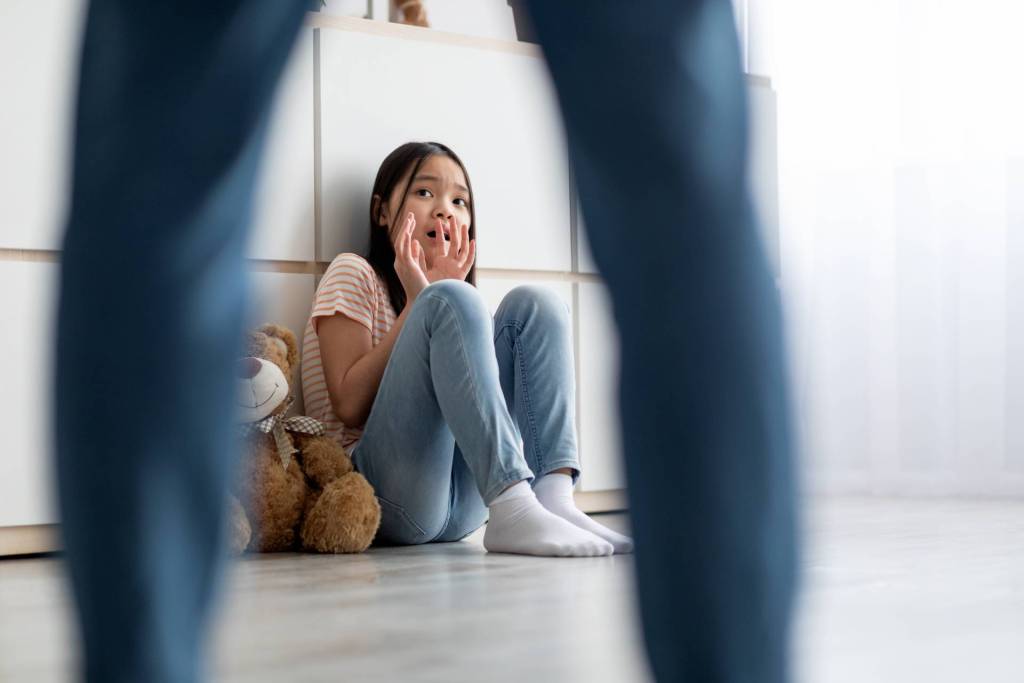While the pain of a child’s sexual abuse may never entirely fade away, there are several ways that a parent can help a child cope with sexual abuse. One of those ways is to win justice for your child with the advice and help of a Halifax sexual abuse lawyer.
How can parents cope with their feelings – and help a child cope with his or her feelings – after a child has been sexually abused? What should be a parent’s priorities? What is the best way to seek justice? If you will keep reading, all of these questions are about to be answered.
The sexual abuser of a child could be a coach or a teacher, someone in the clergy, a family friend, neighbor, family member, or a total stranger. There is no single reliable way to identify the people who abuse children.
If Your Child Has Been Abused, What Are Your Priorities?
If you discover that your own child has been abused sexually, the first step you must take is to find some way to cope with your own feelings. You also will need to create a secure environment so that your child will once again feel safe.
If your child tells you that he or she has been sexually abused, this is what you must convey to that child with both your actions and your words: “I love you. This wasn’t your fault. I’ll do whatever it takes to protect you from any more harm.”
What Feelings Are You Likely to Experience?
There’s no such thing as an “appropriate” reaction to learning your child was sexually abused. The most frequent reactions from parents include:
- Anger: You may have anger toward the perpetrator for harming your child or even anger with the child for not immediately disclosing what happened.
- Anxiety: You may feel anxious about the “proper” way to respond, especially if the abuser is a member of your own family.
- Fear: You may fear that a child abuser will hurt your child a second time, or you may be afraid that you can’t keep your child safe from abuse in the future.
- Shock: Many parents have no idea that sexual abuse is happening and may not even believe it when they first hear about it.
All of these are quite normal emotional responses. After a child’s sexual abuse has been disclosed, you should meet with a professional counselor who can help both your child and yourself to talk through your feelings and to sort through the issues you face.
Putting Your Child First
Our children count on us. To put your child first, you must take care of yourself, which means working through your reactions and feelings in a way that doesn’t make things worse. It’s difficult, but your child’s well-being is worth it. Here are some suggestions that may help:
- Consider meeting with a counselor in private. Personal counseling lets you focus fully on you and your feelings without having your child – or your child’s reactions – to worry about.
- Build a personal support system. It may be informal – the family members and friends you trust – or it may be an organized support group for the parents of abuse victims, but you must have emotional support.
- Set boundaries for yourself. Working through your feelings after your child has been abused is emotionally-draining and time-consuming. Set aside some substantial time for other, unrelated activities.
What If the Abuser is a Family Member?
Learning that your child was abused by a relative can present additional, serious challenges to a parent. You may feel anger at the betrayal of trust. You may experience guilt because you were not aware of the abuse, and you may also feel guilty about your feelings for the relative/abuser.
You might even lose faith in your parenting ability and your ability to make accurate judgments. You have the “right” to experience these feelings, but if you feel extreme anger or guilt, or if you’ve lost faith in yourself, seek counseling and support. Don’t try to go through this alone.
What Can You Expect from Your Child?
The physical effects of childhood sexual abuse for women can include gastrointestinal disorders, nonspecific vaginitis, chronic pelvic pain, and other serious conditions. Emotional injuries impact almost every abuse survivor’s relationships and mental health for years to come.
Healing after childhood sexual abuse takes a long time, and that may frustrate you as a parent. The children who survive sexual abuse may react in unpredictable ways that may surprise or even discomfort parents, such as:
- anger at you for not being there to stop the abuse
- confiding in another adult but not in you
- not talking at all about the abuse, or talking about it endlessly
How Should a Parent Report Sexual Abuse?
The sexual abuse of a child may leave psychological scars that last for life. The victims of childhood sexual abuse deserve justice, and they can obtain that justice with help from a Nova Scotia sexual abuse lawyer.
Childhood sexual abuse survivors have two legal options: civil action and criminal prosecution. If you bring a criminal complaint against an abuser, he or she could receive a criminal conviction and serve time in a correctional facility.
To bring a criminal charge, you have to make a report to the local police, but if the abuse took place years ago, it will be difficult to gather evidence and find reliable witnesses, so the case may come down to one person’s word against another’s, and a conviction may be difficult to win.
Should You Bring a Claim in Civil Court?
Crimes against children can never be tolerated, but if years have passed, a claim in civil court for monetary compensation may be easier to win than a criminal case, which requires proof “beyond a reasonable doubt.”
A criminal conviction also does not provide the compensation that an abuse survivor may need to pay for treatment and counseling costs. And childhood abuse survivors do not have to pay a Halifax sexual abuse lawyer “up front” or “out-of-pocket.”
It costs nothing to learn more and to have a lawyer evaluate your case. Sexual abuse lawyers work on a contingency basis, so you pay no lawyer’s fee unless and until you are compensated.

If you are a survivor of childhood sexual abuse in Nova Scotia, or if you are the parent of a sexually abused child, the right Halifax lawyer will help you seek compensation and justice, and the time to schedule a meeting with that lawyer is now.













